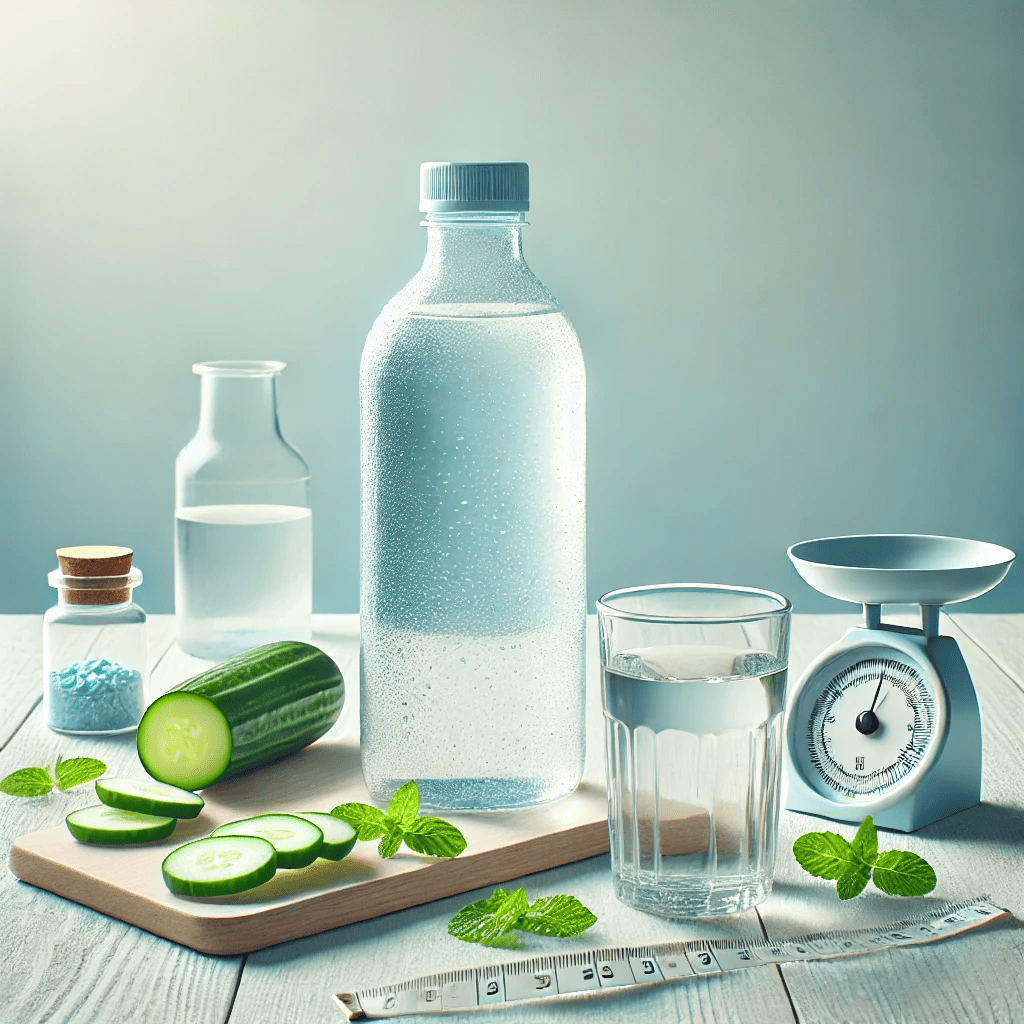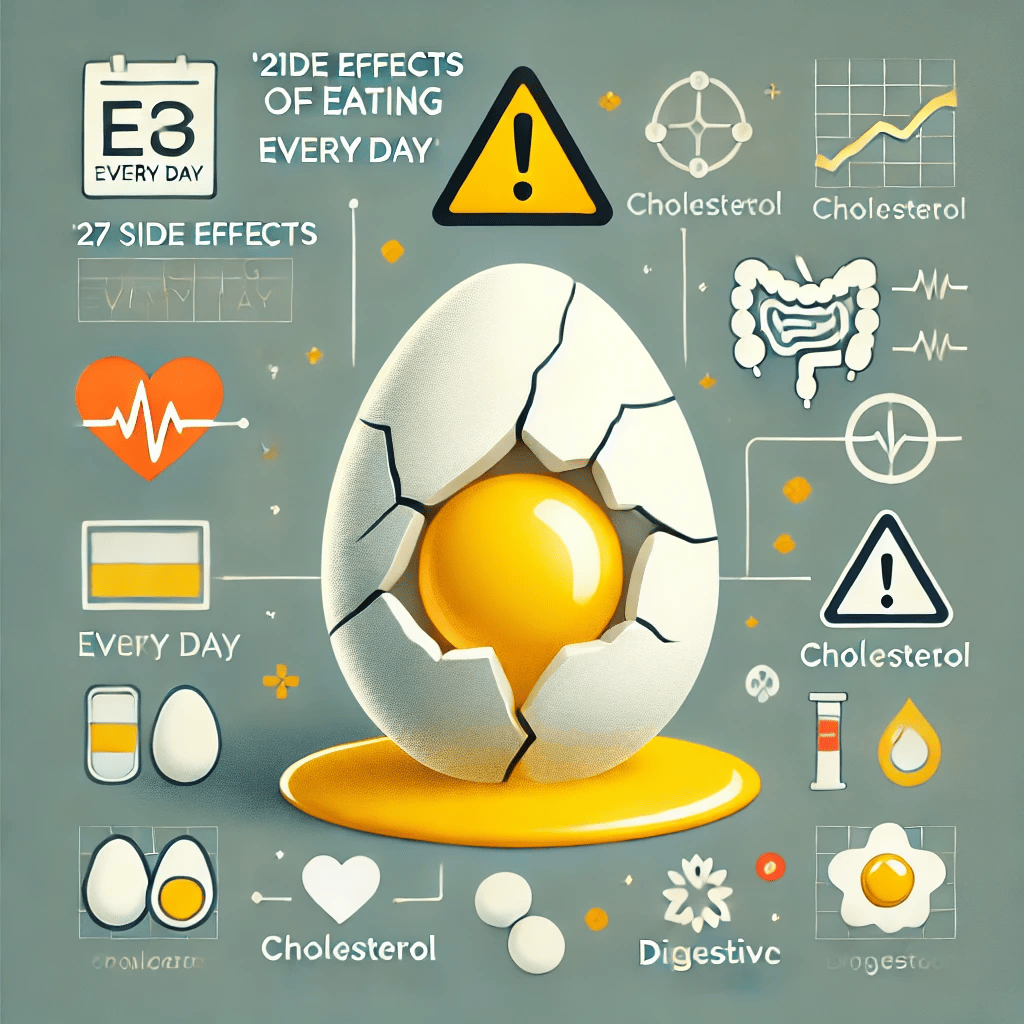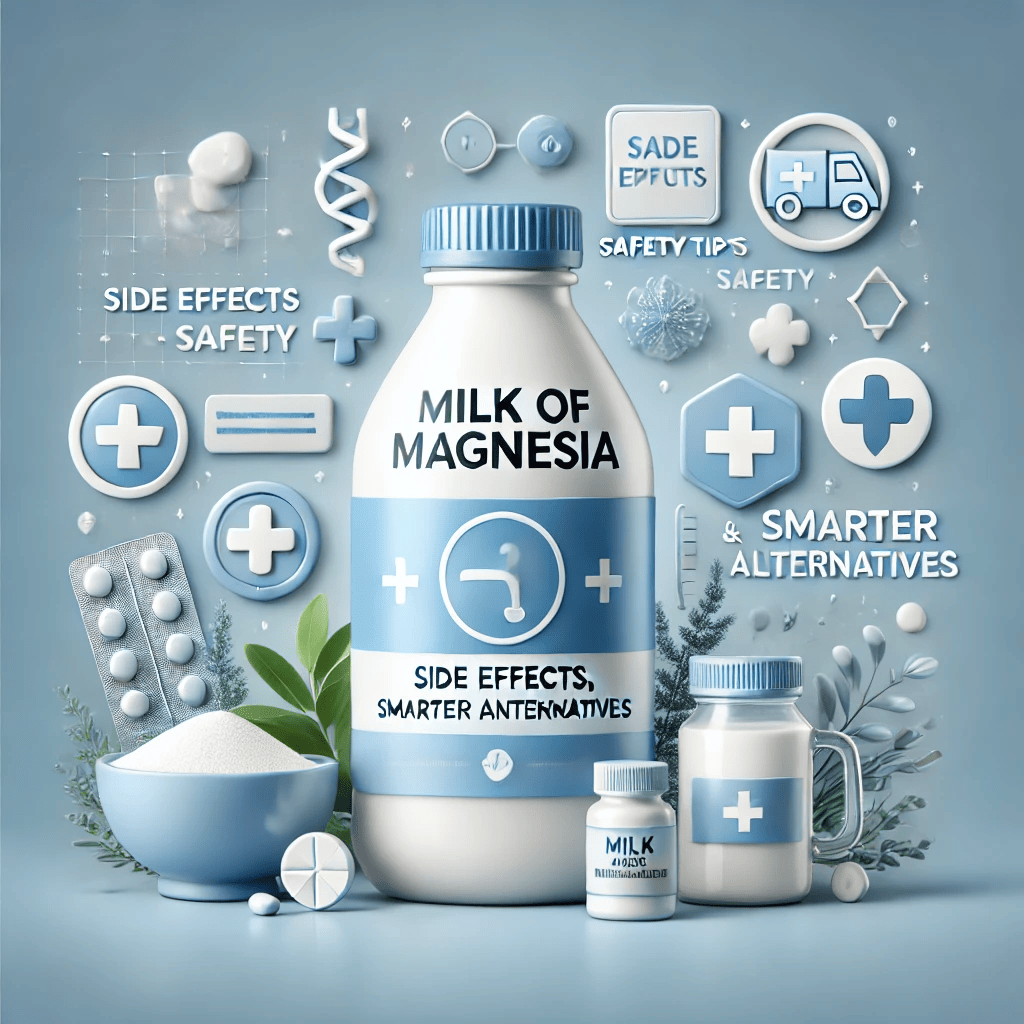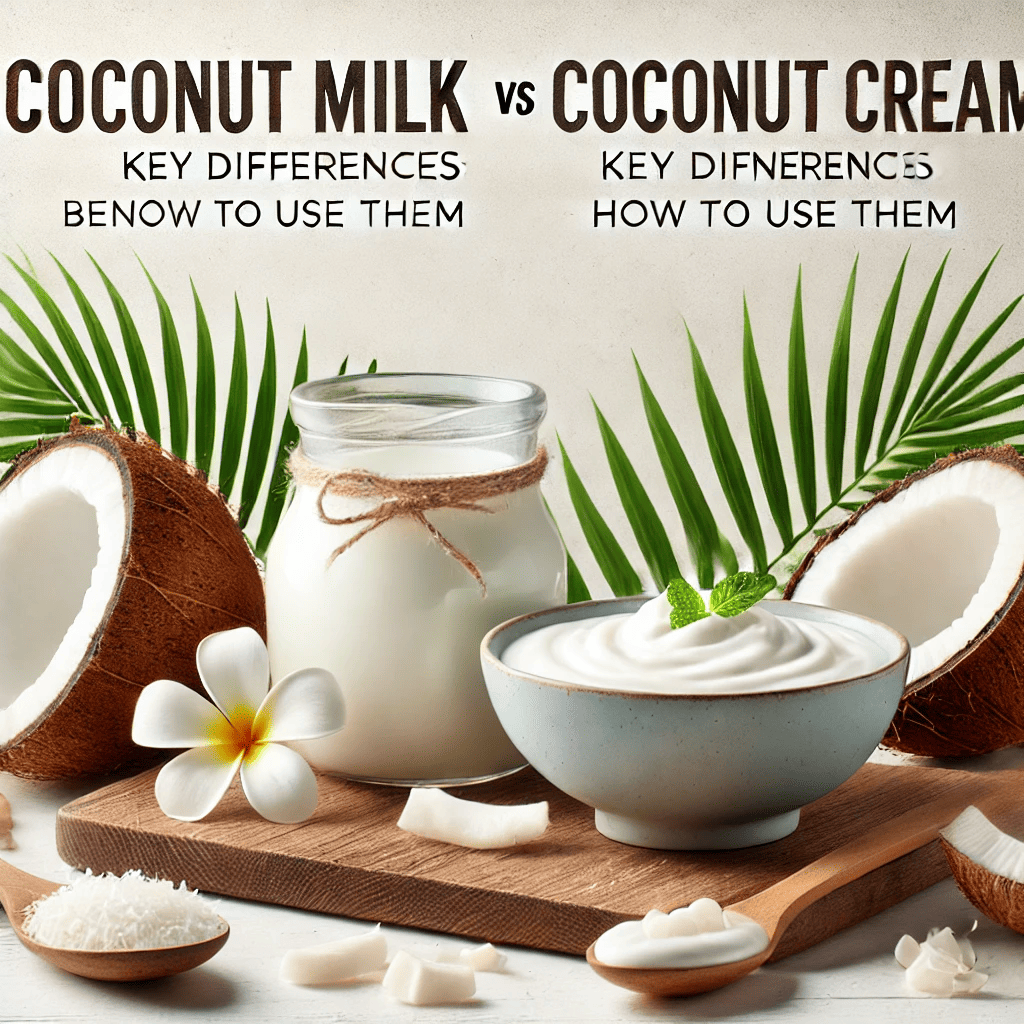How Much Water Should I Drink a Day?
Water is life! It makes up about 60% of your body weight and is essential for nearly every bodily function. But the big question remains: how much water should you drink daily? This guide will explore the answer based on scientific facts, personal needs, and practical tips for staying hydrated.
Why is Water Important for Your Body?
Water is vital for:
- Temperature Regulation: Keeps your body cool during workouts or hot weather.
- Joint Lubrication: Ensures smooth movement and reduces friction.
- Nutrient Transport: Helps deliver vitamins and minerals to your cells.
- Detoxification: Flushes out waste products from your body.
- Skin Health: Keeps your skin hydrated and glowing.
General Recommendations for Daily Water Intake
1. The “8×8 Rule”
- Drink 8 glasses of 8 ounces each (64 ounces or ~2 liters) daily.
- A simple and popular guideline but not universal.
2. Based on Body Weight
A more tailored approach:
- Formula: 0.033 liters of water per kilogram of body weight.
- Example: A 70 kg person needs approximately 2.3 liters/day.
3. Gender and Age-Based Needs
| Group | Daily Water Intake Recommendation |
|---|---|
| Men | 3.7 liters (15.5 cups) |
| Women | 2.7 liters (11.5 cups) |
| Pregnant Women | 3.0 liters |
| Breastfeeding Women | 3.8 liters |
Factors Influencing Your Water Needs
1. Physical Activity
- Active individuals sweat more and need additional hydration.
- Tip: Drink 500 ml water before exercise and sip every 20 minutes during workouts.
2. Climate
- Hot or humid environments increase water loss.
- Example: If you live in Texas or India, you might need 1-2 liters more daily.
3. Health Conditions
- Fever, diarrhea, or vomiting increases water needs.
- Chronic illnesses like kidney stones or UTIs also require more water.
4. Diet
- High-protein or salty diets need more water for processing.
- Eating water-rich foods like cucumbers and watermelon helps hydration.
Signs You’re Drinking Enough Water
1. Clear or Pale Yellow Urine
- Ideal hydration indicator.
2. Regular Bathroom Visits
- Normal: Every 2-4 hours.
3. No Signs of Dehydration
- Symptoms of dehydration include dry mouth, dizziness, fatigue, and headaches.
Real-Life Example: John’s Hydration Journey
Before: John, a 35-year-old fitness enthusiast, only drank 1 liter/day.
Problem: He experienced frequent muscle cramps and fatigue.
After: Upped his intake to 3 liters/day, distributed across his gym sessions, meals, and snacks.
Result: Improved performance, better skin, and no cramps!
Practical Tips to Stay Hydrated
- Start Your Day with Water: Drink a glass as soon as you wake up.
- Use a Reusable Bottle: Keep a 1-liter bottle with you to track intake.
- Flavor Your Water: Add lemon, mint, or cucumber for variety.
- Set Reminders: Use apps or alarms to remind you to drink water.
- Eat Hydrating Foods: Incorporate fruits like oranges, strawberries, and cantaloupe.
Myths About Water Consumption
Myth 1: You Need 3 Liters Daily
- Fact: It varies per person. Activity level, body size, and climate are key factors.
Myth 2: Coffee and Tea Dehydrate You
- Fact: They contribute to daily water intake. However, excessive caffeine can cause dehydration.
Table: Water Content in Foods
| Food Item | Water Percentage |
|---|---|
| Cucumber | 95% |
| Watermelon | 92% |
| Oranges | 87% |
| Spinach | 91% |
Unique Insights
- Personalize Your Hydration
- Use a smart water bottle that tracks intake through an app.
- Overhydration is Real
- Drinking excessive water can lead to hyponatremia (low sodium levels). Symptoms include confusion and swelling.
Conclusion
Water is essential, but the “perfect amount” depends on your lifestyle, environment, and body type. The key is to listen to your body’s signals and hydrate consistently throughout the day.
How Much Water Should I Drink Daily? (Expanded)
Understanding Your Body’s Hydration Needs
Water needs vary widely among individuals. Factors such as age, weight, activity level, and environment play a significant role. To truly understand your hydration requirements, let’s dig deeper into:
Water Intake Based on Specific Scenarios
1. During Pregnancy and Breastfeeding
Water plays a critical role during pregnancy and lactation:
- Why?: Increased blood volume and milk production demand more hydration.
- Recommended Intake:
- Pregnant women: ~3 liters/day
- Breastfeeding women: ~3.8 liters/day
Real Example: Sarah, a new mom, noticed fatigue and low milk supply. By increasing her water intake to 3.5 liters daily, she observed significant improvements in energy and milk production.
2. For Weight Loss
Drinking water can aid in weight management:
- Boosts Metabolism: Drinking water can increase resting energy expenditure by 24–30% for an hour.
- Reduces Appetite: Drinking water before meals can reduce calorie intake.
Tip: Drink 500 ml of water 30 minutes before meals to enhance digestion and reduce hunger pangs.
3. For Athletes and Fitness Enthusiasts
Staying hydrated is crucial for performance and recovery.
- Pre-Workout: Begin your exercise well-hydrated (500 ml water).
- During Workout: For intense workouts, sip water or a sports drink every 20 minutes.
- Post-Workout: Replenish with water and electrolytes (500–750 ml per pound of weight lost).
Fact: Losing just 2% of body weight through sweat can decrease physical performance by up to 25%.
Water’s Role in Different Seasons
1. Hot Summer Months
- Increased sweating demands higher water intake.
- Aim for 0.5–1 liter extra daily in hot climates.
- Carry a water bottle everywhere as a reminder.
2. Cold Winter Days
- Dehydration still occurs in winter due to dry indoor air.
- Include herbal teas or warm water to stay hydrated.
Dehydration: Signs and Risks
1. Early Signs of Dehydration
- Dry mouth and thirst
- Dark yellow urine
- Headache or dizziness
- Fatigue and poor concentration
2. Severe Dehydration Risks
- Heatstroke
- Kidney damage
- Low blood pressure
Tip: Monitor your urine color as a quick hydration check:
- Clear or light yellow: Well-hydrated
- Dark yellow or amber: Drink more water
Overhydration: Can You Drink Too Much Water?
Yes, drinking excessive water can lead to hyponatremia, a condition where sodium levels in the blood drop too low.
- Symptoms: Nausea, confusion, seizures.
- Prevention: Avoid forcing yourself to drink when you’re not thirsty, especially during low-activity days.
Personalized Hydration Tracker
DIY Water Calculation
Use this formula to estimate your daily water intake:
- Weight (kg) × 0.033 = Daily water need (liters)
Example: A person weighing 70 kg needs 2.3 liters/day.
Hydration Hacks for Busy Lifestyles
- Carry a Stylish Bottle: A good-looking, reusable bottle encourages you to drink more.
- Infuse Flavor: Add fruits like orange slices or mint leaves for a refreshing twist.
- Set Timers: Use apps like WaterMinder to set hydration reminders.
- Hydrate with Foods: Include water-rich fruits and veggies like watermelon, strawberries, and spinach.
Common Myths Debunked
Myth 1: Everyone Needs 8 Glasses a Day
Fact: Hydration needs vary by individual. Use personalized formulas instead.
Myth 2: Thirst is the Best Indicator
Fact: Thirst signals dehydration. Stay ahead by drinking water consistently.
Myth 3: Drinking Water Makes You Bloated
Fact: Proper hydration prevents water retention and bloating.
Summary Table: Water Requirements by Activity Level
| Activity Level | Daily Water Intake | Tips |
|---|---|---|
| Sedentary Lifestyle | 2–2.5 liters | Sip water throughout the day. |
| Moderate Exercise | 2.5–3 liters | Add 500 ml for every hour of activity. |
| Intense Workouts | 3–4 liters (including electrolytes) | Drink water pre, during, and post-exercise. |
A Day of Hydration: Practical Example
| Time | Activity | Water Intake |
|---|---|---|
| 7:00 AM | Wake up | 300 ml (glass of water) |
| 9:00 AM | Post-breakfast | 250 ml |
| 12:00 PM | Mid-morning snack | 200 ml |
| 1:00 PM | Lunch | 300 ml |
| 3:30 PM | Afternoon tea or snack | 250 ml |
| 6:00 PM | Post-workout | 500 ml |
| 8:00 PM | Dinner | 300 ml |
| 10:00 PM | Before bed | 200 ml |
Unique Insights for Better Hydration
- Listen to Your Body: Thirst, dry lips, or fatigue are subtle signs to drink more.
- Hydration Boosters: Coconut water and homemade electrolyte drinks are great for active days.
- Avoid Sugary Drinks: Opt for water or low-calorie options to stay healthy.
- Plan Your Intake: Spread water consumption across the day to avoid overloading your bladder.
Conclusion
Staying hydrated is the foundation of good health. While generic guidelines like “8 glasses a day” can be a starting point, understanding your unique water needs and adopting practical habits will help you achieve optimal hydration.
Take Action Today: Keep a water bottle nearby, track your intake, and embrace hydration as a daily ritual. Your body will thank you!




